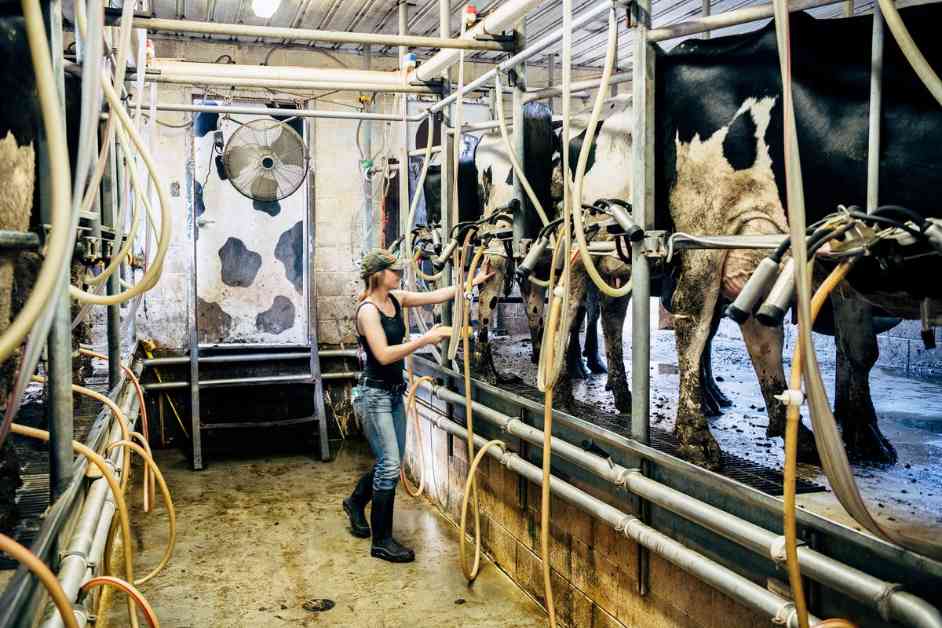As bird flu continues to spread among dairy cattle in the U.S., experts are debating whether farmworkers should be vaccinated to prevent the spread of the virus. Veterinarians and researchers have taken note of Finland’s decision to vaccinate farmworkers at risk of infection and question why the U.S. government hasn’t followed suit.
Kay Russo, a livestock and poultry veterinarian in Fort Collins, Colorado, believes that farmworkers, veterinarians, and producers who handle large volumes of milk containing high levels of the bird flu virus should be offered vaccination. Most virology and outbreak experts interviewed agree with this sentiment, highlighting the severity of the disease and its potential to cause a pandemic.
However, some researchers, including those at the Centers for Disease Control and Prevention (CDC), recommend against vaccination for now. They argue that there is no evidence of human-to-human transmission of the virus and that the available vaccine’s effectiveness is uncertain. Despite this, experts like Nahid Bhadelia from the Boston University Center on Emerging Infectious Diseases emphasize the urgency of offering vaccines to farmworkers in the U.S.
The CDC is stockpiling 4.8 million doses of the bird flu vaccine, but there is currently no recommendation to launch a vaccination campaign. The agency believes that more testing is needed to understand how easily the virus can spread from cows to humans and how sick individuals may become. Public health labs have only tested about 50 people for the bird flu since the outbreak was detected in March.
While some experts caution against premature vaccination campaigns, others like Florian Krammer from Mount Sinai’s Icahn School of Medicine advocate for offering the vaccine to farmworkers as a preventive measure. The vaccine, which triggers an immune response against the bird flu virus, could provide an additional layer of protection alongside other preventive measures like testing and disinfection.
Despite the differing opinions on vaccination, experts agree that the U.S. should take proactive measures to curb infections before the upcoming flu season. Educational outreach to farmworkers and timely decisions on vaccine recommendations are crucial to preventing a potential public health emergency. As discussions continue on the best course of action, the health and safety of farmworkers and the general population remain a top priority.






